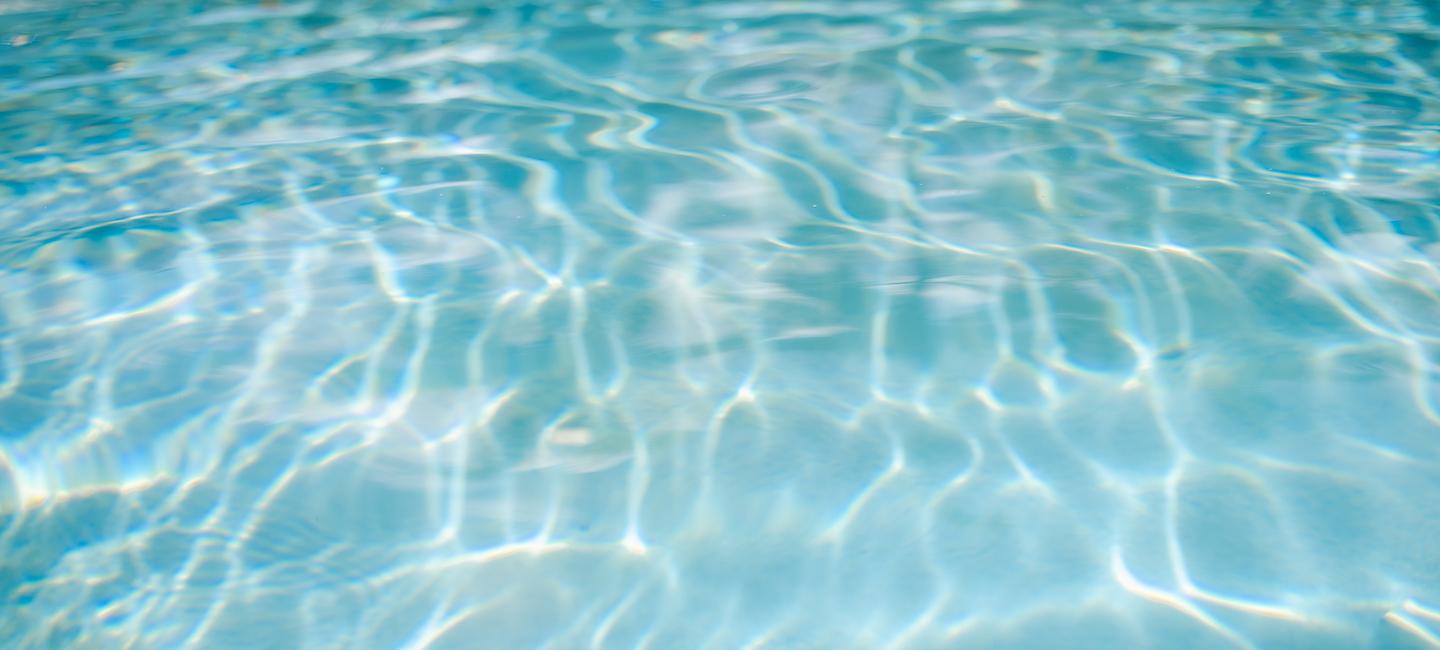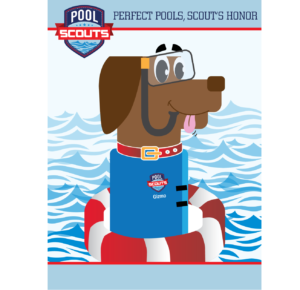
Pool Safety Extends to the Technical Side of Pool Care
May is water safety month. Last week we talked a lot about swimmer safety, which is of the utmost importance, but there is another side of pool safety that extends to the care and maintenance of the pool itself. Keeping your pool clean, healthy and swim-ready takes time, tools, and chemicals. In a world where organic reigns king it is sometimes tough to think about allowing your kids swim in a pool full of chemicals, but when properly maintained and balanced pool water is perfectly safe.
Handling and working with pool chemicals and equipment takes a certain level of care and expertise. There are hidden dangers that can injure or create health concerns for inexperienced pool owners. Gizmo, our Pool Scouts mascot and this month safety scout is here to talk more about the details.
Gizmo’s Guidance on the Technical Side of Pool Care:
There are several aspects of pool maintenance that can present risks. The following are some of the substances and situations to consider when caring for your pool:
- Muriatic acid
- Chlorine
- Diatomaceous earth
- Main drain suction
- Vacuum ports
- Exposed wires and GFCI outlets
You may be familiar with some of these items listed but others you may not be aware of the risks. So let’s break it down.
Muriatic Acid. Muriatic acid is highly corrosive and can cause problem when it comes in contact with the skin or is inhaled. It is important to wear glove and safety goggles with handling the substance. Only work with muriatic acid in a well ventilated area and do not mix it with other chemicals without reading the label; it may be explosive! The good news is, once diluted, like in a pool, the substance is safe.
Chlorine. Chlorine is a powerful disinfectant and bleaching agent that can present a number of hazards. Chlorine is most hazardous when fumes are inhaled or if the substance gets into your eyes, mouth or throat. Similar to muriatic acid, it is always a good idea to where protective wear, eye glasses and a mask, when working with chlorine. Also, be mindful of how you store chlorine. Always make sure the storage area is well ventilated, that the substance isn’t located next to a direct heat source, and that the container cannot tip over. When cleaning with chlorine, be sure to read the label first, as it can react to other substances. For example, chlorine mixed with ammonia can create a violent reaction.
Diatomaceous Earth. Diatomaceous earth is another chemical used aid filtration in your pool, and while it is one of the least aggressive substances used, when inhaled in large amounts it can cause long-term lung problems. When handling DE you should always wear a mask to protect your respiratory system.
Main Drain Suction. While the main drain doesn’t impact someone caring for your pool,it would be remiss of us not to talk about the safety concerns with the drain system in your pool. The main drain, typically at the deepest point of your pool, runs suction that helps to keep your pool clean. In the event that a swimmer lies on top of or sits on the cover of the main drain and covers it completely, their body could become stuck and they might not be able to get to the surface because the suction is too strong. One incident sited that four men were unable to release a young girl from the pull of the drain. Very scary stuff. The good news is that they have developed drain covers that prevent someone from completely covering the drain and getting stuck. Additionally, the Pool And Spa Safety Act has guidelines that require pool professionals to alert pool owners of outdated covers and update them immediately. As a pool owner, it is important that you make sure you have an updated drain cover, keep scissors by the pool to release clothing or hair that may get caught in the system and if someone should get trapped, pull on one side of their body at a time to release the suction.
Vacuum Ports. Vacuum ports in the pool system can also be hazardous. These can be located in your skimmer basket but also on the wall of your pool. The port located on the wall can present a similar risk for entrapment to that of the main drain suction. Breathe a sigh of relief, because this can be easily rectified by fitting the port with a safety latched cover. Simply remove the old fitting by unscrewing it and and thread the new one onto the port. DONE.
GFI Outlets and Exposed Wires. Pool systems run on electricity, and because the pool area is a place of entertainment, there can be outlet near by. It is incredibly important that all outlet by the pool are Ground Fault Circuit Interrupter (GFCI) outlets. GFCI outlets trip and cut power when the line is exposed to water. Similarly, when completing repairs to the pool system, it is important to cut power and make sure all wires are properly insulated and in good shape to avoid any risk of electrocution.
Pools are a place of fun and relaxation but their are risks involve in owning and maintaining a pool. The best defense is education and knowledge. I hope we’ve provided you with some background on keeping your pool safe.
Pool Scouts technicians are trained on handling all these situations and keeping your pool water clear and healthy and your pool area a safe place to be. Take a moment to ensure your pool and surrounding area are up to date and get out there and enjoy that pool!
Pool Scouts is a pool service company offering recurring, single service, opening, closing and minor pool repair service.
